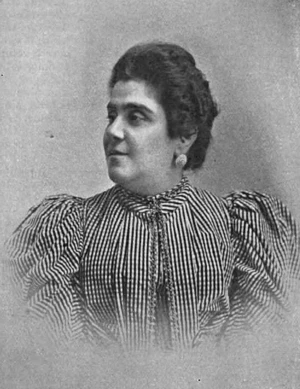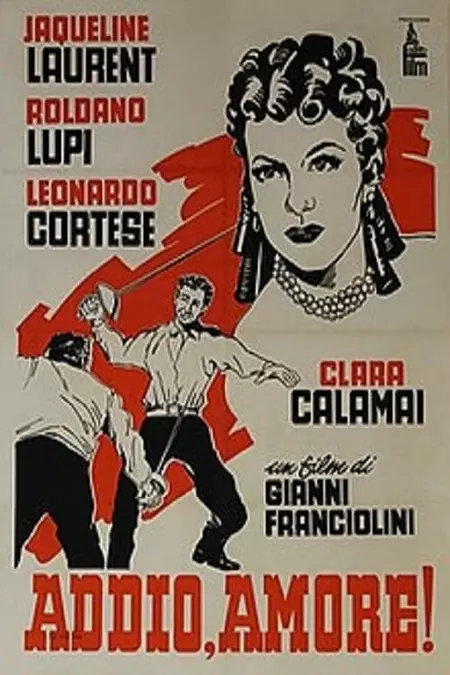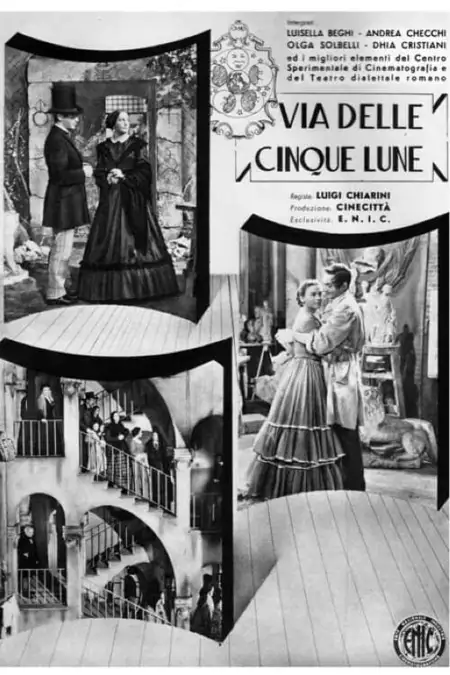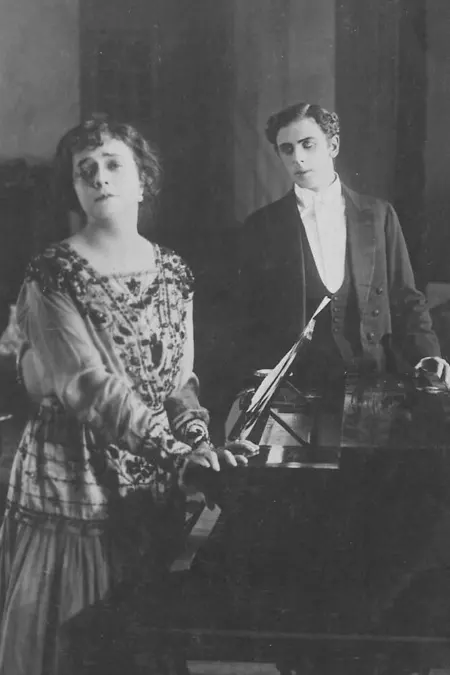Biography
(No Information)
Filmography
all 3
Movies 3
Information
Known ForWriting
GenderFemale
Birthday1856-03-07
Deathday1927-07-25 (71 years old)
Birth PlacePatras, Greece
RelationshipsEdoardo Scarfoglio (1884 - 1904)
ChildrenMichele Scarfoglio, Carlo Scarfoglio
CitizenshipsKingdom of the Two Sicilies, Kingdom of Italy, Greece
ResidencesNaples, Italy
Also Known AsМатильда Серао
This article uses material from Wikipedia.
Last updated:
 Matilde Serao
Matilde Serao- Filmography
- Information


